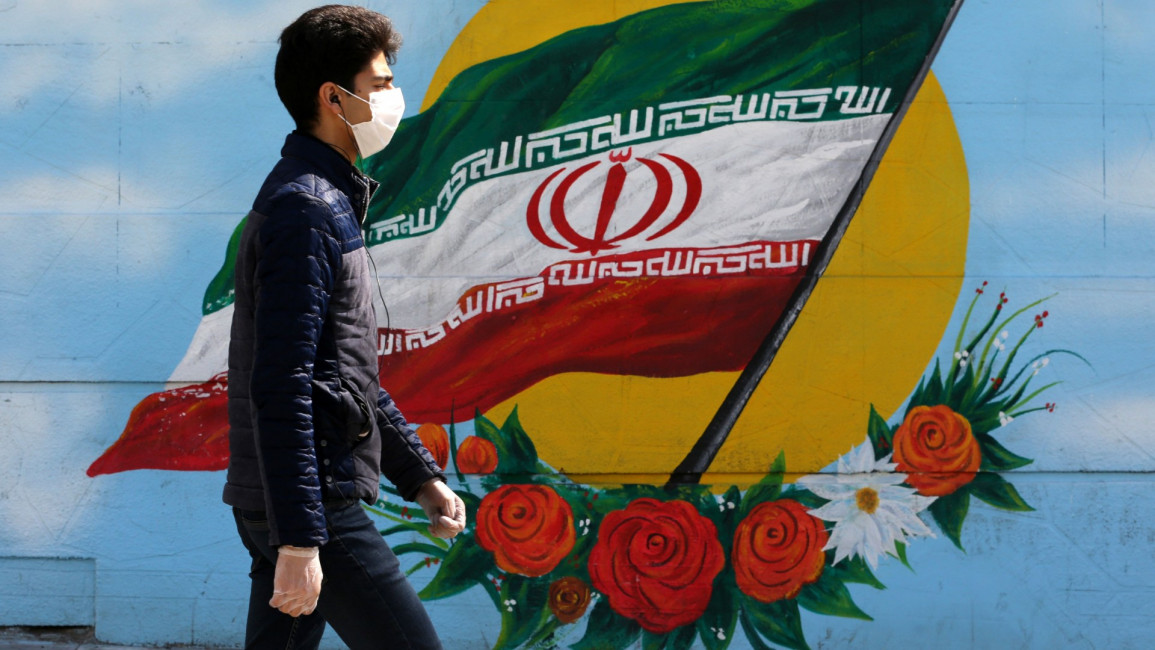Iran temporarily releases 70,000 prisoners amid rising coronavirus death toll
The release of inmates would continue “to the point where it doesn’t create insecurity in society”, Judiciary Chief Ebrahim Raisi said, according to the Mizan news site of the judiciary.
No further details were provided, including when the inmates would return to prison, where rumours have suggested the virus has since spread.
Last month, the family of Nazanin Zaghari-Ratcliffe, a British-Iranian woman jailed in Tehran, said she believes she has contracted the new coronavirus.
Read also: Outrage after Israeli rabbi claims God sent coronavirus as punishment for homosexuality
The 41-year-old detainee complained that prison authorities are refusing to test her for the COVID-19 virus, despite suffering from a worsening "strange cold", according to spouse Richard Ratcliffe.
"I am not good. I feel very bad in fact," Zaghari-Ratcliffe told her husband in a phone call Saturday from the prison, he revealed in a statement.
Twitter Post
|
"For a long time this has not felt like a normal cold," she added, noting her symptoms included a sore throat, fever and difficulty breathing.
"I know I need to get medicine to get better. This does not go magically."
Ratcliffe warned in his statement that reports suggest COVID-19 has infected Evin Prison.
Iran has been scrambling to contain the spread of the COVID-19 illness which has hit all of the country's 31 provinces, killing 237 people and infecting 7,161.
According to IRNA, 16 out of 69 confirmed cases have died of coronavirus infection in Khuzestan as of Sunday.
With 1,945 cases, the capital Tehran remains the province with the most cases, according to the official.
The second worst-hit province with 712 confirmed cases is Qom, the Shia pilgrimage city south of Tehran, where the Islamic Republic's first cases were reported.
The number of cases of novel coronavirus worldwide has crossed 110,000 people in 100 countries and territories with more than 3,800 dead.
China, where the virus first emerged late last year, remains the most affected country with more than 80,000 cases, but experts have expressed hope that the Chinese outbreak has peaked.
Read also: Bootleg booze touted as 'corona cure' kills dozens in Iran
Governments are scrambling to respond to the outbreak with countries across the Middle East, cancelling public gatherings, restricting attendances at sporting events and closing schools.
Many of Iran's neighbours have imposed restrictions on travel to and from the Islamic Republic.
On Monday, Qatar became the latest country to announce a nationwide closure of schools and universities from 10 March, following similar steps taken by other Gulf states.
The ministry also announced a ban on travellers from 14 countries, including Bangladesh, China, Egypt, India, Iran, Iraq, Lebanon, Nepal, Pakistan, the Philippines, South Korea, Sri Lanka, Syria and Thailand.
Follow us on Facebook, Twitter and Instagram to stay connected



